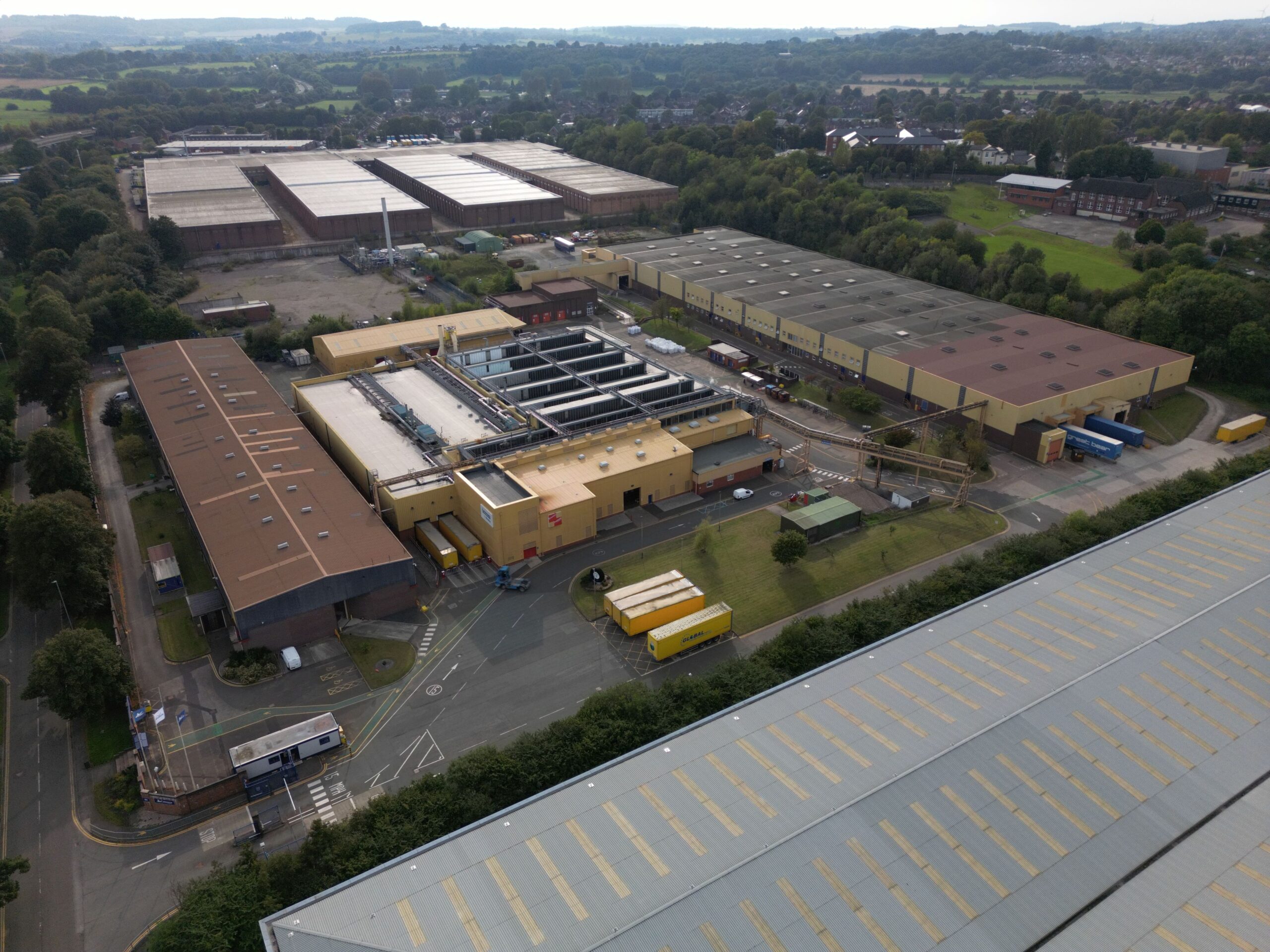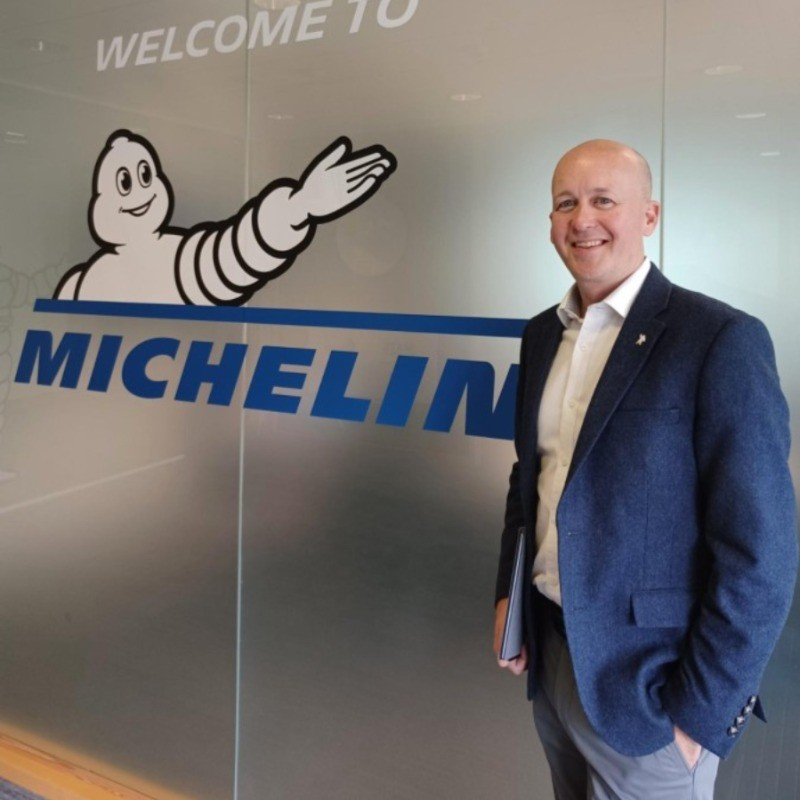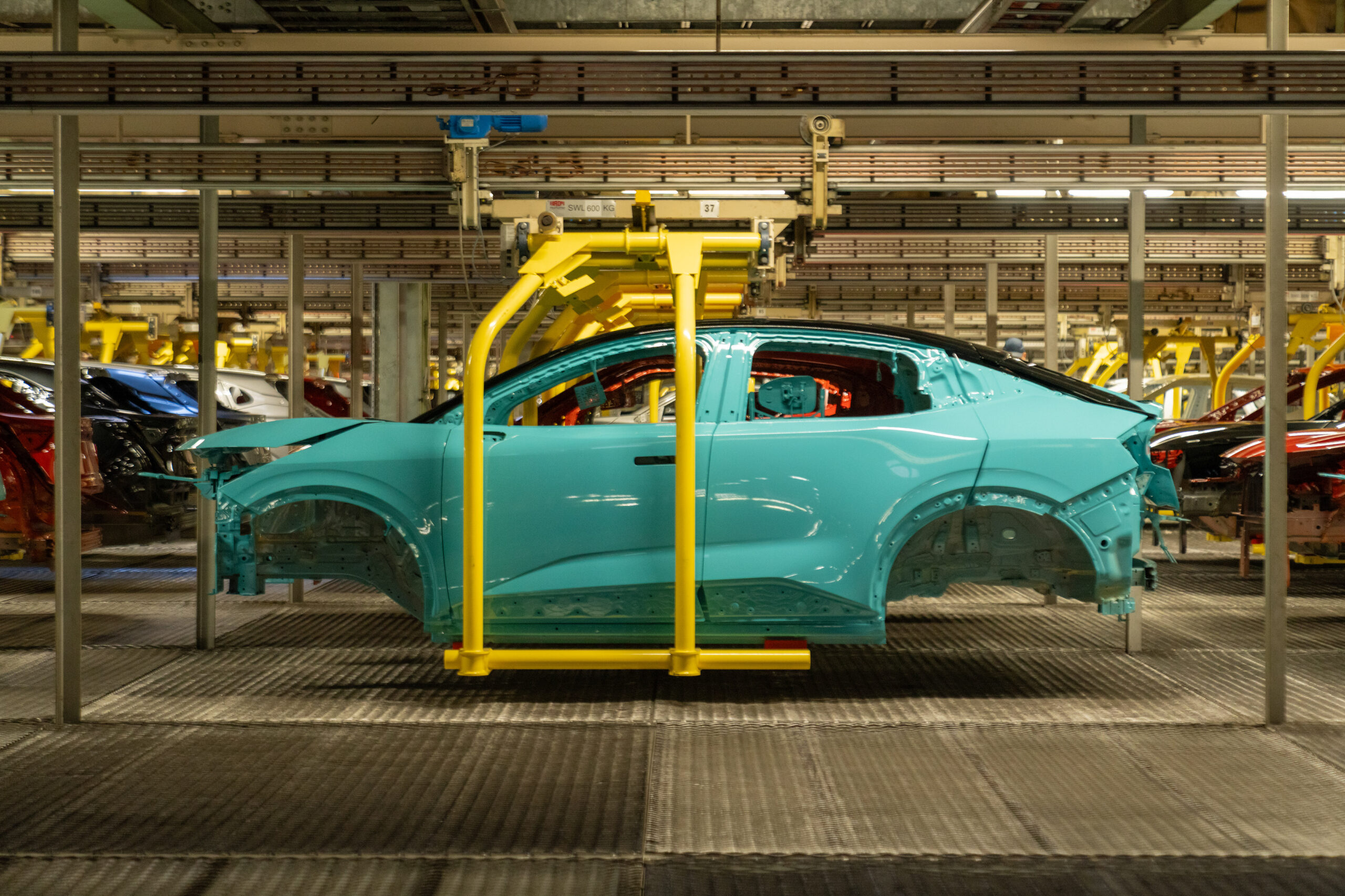
What do you think are the major challenges for the road transport industry at the moment?
Fleets are under increasing pressure to decarbonise, and whilst the uptake of alternative fuel trucks is growing, infrastructure gaps across the strategic road network, coupled with high upfront costs for some alternatives like battery electric trucks, remain major obstacles which are slowing the transition.
At Michelin, regardless of what driveline technology a fleet might favour, our focus is on supplying tyres which will deliver the optimum blend of performance and safety over the longest possible life. For internal combustion engined fleets, that naturally means there’s a focus on mpg, whereas for electric, making the right decision on tyres can have a notable impact on a vehicle’s range.
What have been the key developments and what will be focus for the next two years for Michelin?
We’ve recently had a major product launch, introducing the new 315/80 R22.5 MICHELIN X Works 2, available in steer and drive. The steer tyre is the first in its class to be rated ‘B’ for fuel efficiency, which is a major achievement given it’s an on/off-road fitment. Plus, it delivers an additional 10 per cent mileage performance versus the steer product it replaces, and 25 per cent more mileage for the drive product. It’s also regrooveable and retreadable, which is very important to our sustainability commitments.
Looking ahead, our local-to-local retread approach is growing in importance and will be key to our strategy over the next two years.
Every tyre we retread in Stoke reduces the carbon footprint of moving casings, semi-finished or finished product around. We’ve been retreading truck tyres in Stoke since 1968, producing over 10 million tyres already. It’s a tried and tested process, which doubles the lifespan of a Michelin truck tyre casing – saving five tonnes of raw materials and more than six tonnes of CO2 for every 100 Michelin Remix tyres remanufactured.
Plus, we’ve just announced a new project with Murfitts Industries, the UK’s largest tyre recycling company, to process end-of-life tyres here in Stoke. This will generate energy which will be used to power our retread production, thereby lowering CO2 emissions from the plant by 1,500 tonnes per year.
How is technology and AI shaping the future for Michelin?
One of the best examples of how we are using AI is within Michelin Connected Fleet, where AI is being used to interpret data, looking for trends and accelerating the feedback to customers so they can make better business decisions.
It’s a similar picture with our tyre manufacturing. AI is supporting our strategic decision making, helping teams to analyse huge volumes of data to make quicker decisions. It points you in certain directions and lets you home in on trends.
Products such as the new MICHELIN X Works 2 offer reduced fuel consumption, so surely the main message to fleets must be cost-saving, rather than the environmental benefits?
If we’re saving a customer money at the pumps by fitting a more fuel-efficient tyre, then it’s a sustainability win too.
Plus, bear in mind that truck manufacturers are increasingly focused on driving down the VECTO score of every new truck they sell, as the financial impact of not meeting their VETO target can be huge. Therefore, the impact of an A or B-rated tyre over a C or D-rated fitment is substantial, and naturally, both truck dealers and manufacturers are increasingly advising customers to take a tyre’s rolling resistance into account when spec’ing a new vehicle.
The circular economy, remanufactured tyres, end-of-life tyres are all part of the drive for sustainability, but how can governments help the likes of Michelin change to dial in moving customer behaviour in this direction?
Over the last six to eight years, there’s been a big influx of budget, tier-three tyres entering the market from overseas, and we believe more should be done from a legislative perspective to prevent the import and sale of these products.
Such tyres are not built for longevity or a second life, and their influx jeopardises the work we are doing around circularity with our multi-life offer.
Single use tyres feed a throwaway culture because they wear-out faster and end up being discarded. We believe the industry should be focused on a sustainable future where the customer benefits from a high-quality product which can enjoy multiples lives in service.
Minimising vehicle downtime of fleets is a major issue that directly impacts profitability and employee safety. How does Michelin work with large fleet customers to give them the products they need and that address this particular issue?
It’s no secret that well-maintained tyres improve not just fuel efficiency, safety, and operating costs, but uptime too. For this very reason, there’s big benefits to defining an effective tyre strategy, and making sure it’s closely adhered to.
For peace of mind tyre management, larger fleets often choose an EFFITIRES contract through our Connected Solutions team. With models based on either a pence per kilometre, or price per vehicle basis, we combine consolidated invoicing, managed risk and consistent budgeting, with a premium Michelin fitment policy, regular fleet inspections and expert tyre husbandry, to ensure tyres remain in optimum condition.
Michelin Connected Fleet also offers a full TPMS and predictive maintenance offer, designed to monitor tyre pressures, wear, and vehicle performance continuously. With a focus on catching potential issues early, this solution helps to prevent breakdowns before they happen, ultimately improving a fleet’s safety and efficiency.

Andrew French
B2B Sales Director, Michelin Tyre plc


